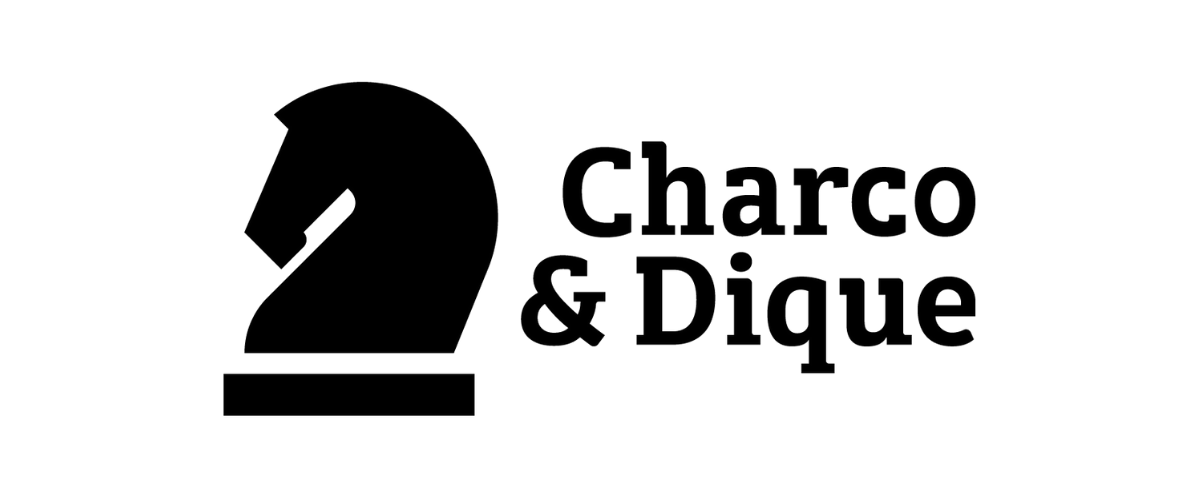The provision of financial services and the offering of financial products in the Netherlands require a Wft license from the Dutch Authority for the Financial Markets (AFM) or the Dutch Central Bank (DNB). If the supervisory authority grants a license, you are expected to continue to comply with the applicable laws and regulations. Even if laws change and their complexity increases, the supervisor expects you to respond to the changes in time and adjust your business operations if necessary. Are you failing to comply with all your obligations? If so, the supervisor may take measures, such as imposing a fine or revoking your license.
How do you ensure that you continue to meet the conditions attached to the license? In this article, Charco & Dique explains how to translate relevant laws and regulations into your organization in five steps.
1. Map out the legal framework
First, you have to map out what requirements apply to the license you have been issued. Do you have a license to provide investment services, for example? If so, conditions apply with respect to the control structure, equity capital and reliability of policymakers, among other things. The legal framework depends on the service that is provided or the product that is offered. The underlying requirements may be laid down in the Financial Supervision Act (Wft), the Money Laundering and Terrorist Financing (Prevention) Act (Wwft) and the Sanctions Act. It is also important to take European regulations and any guidance issued by (European) supervisory authorities into account.
2. Determine the scope for your organization
Make an overview of your organization’s activities, services and products. Check which requirements and regulations from the legal framework in step 1 apply to your specific activities. Have you determined the scope for your organization? Then you can draw up a legal framework: an overview of the laws and regulations that apply to your activities, services or products. Tip: make the framework as clear as possible by sorting the applicable regulations by theme.
3. Perform a gap analysis
Check per theme whether your current policies and procedures comply with the relevant legislation and regulations, as systematically set out in the legal framework of step 2. An investment firm must, for instance, have a policy for preventing conflicts of interest and must have a good image of its clients. The gap analysis provides insight into whether your organization meets all the applicable requirements, or whether you still have work to do.
4. Make sure you are compliant
Did you find any gaps in step 3? For example, because you are an investment firm and have taken insufficient measures regarding your statutory duty of care towards your clients? Then you must resolve these gaps with concrete actions so that you are fully compliant. In this concrete example, you can, for instance, draw up and implement procedures that help you get a better picture of your clients. Moreover, by doing this you have carefully established documentation.
5. Invest in awareness
Create support for the policies and procedures by increasing awareness among your employees. Make clear why the measures are important. For example, by increasing the knowledge within your organization about the importance of certain regulations through training and courses.
Want to know more?
Do you want to make sure you translate all laws and regulations correctly to your organization? Charco & Dique would be happy to help, for example with our Regulatory updates. Each quarter, you will receive an extensive report that is fully tailored to your organization. Our specialists will explain the possible impact on your organization and help you think through any follow-up steps and their practical implementation.


